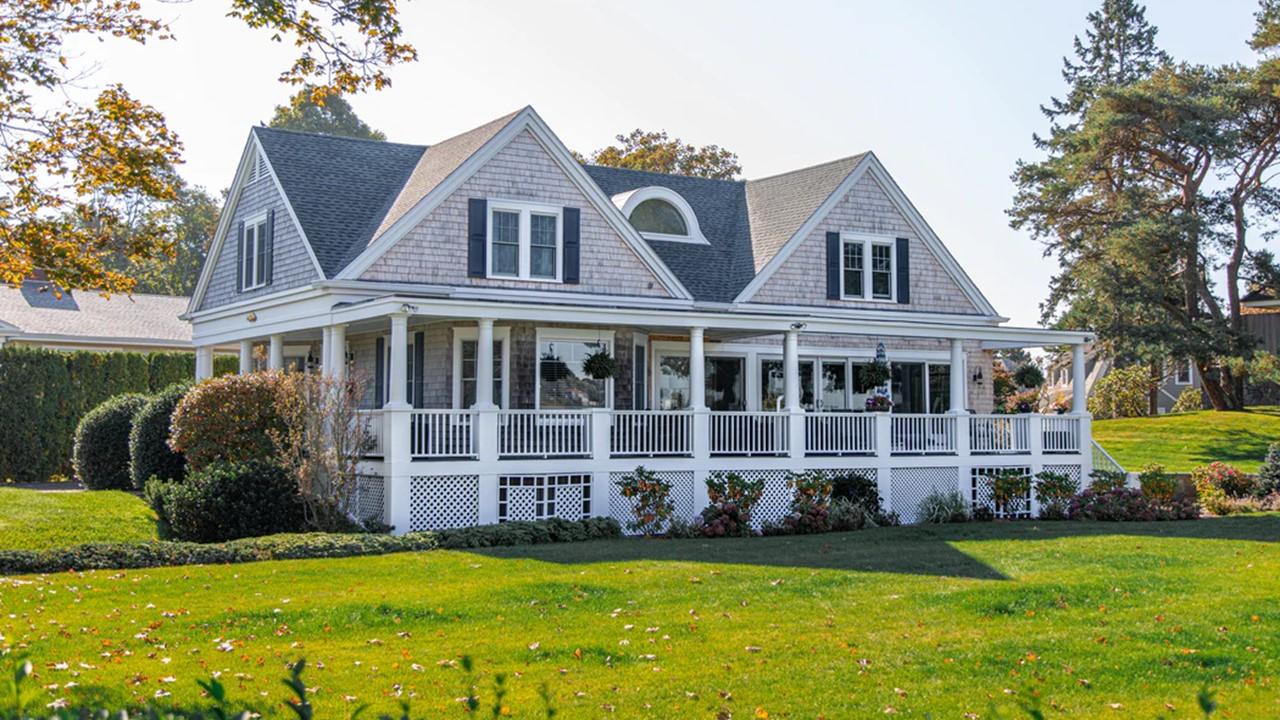Capital Gains Property Tax Rate for Home Sellers in 2021
When you sell your home, you have to pay taxes on the sale of a property. What’s the capital gains property tax rate if you plan to sell your home in 2021?
Dec. 10 2020, Published 1:58 p.m. ET

When you sell your home, you have to pay taxes on the sale of a property. The house could be your primary residence or a house that you bought for investment purposes. The taxes are different for a primary residence and other houses. What’s the capital gains property tax rate if you plan to sell your home in 2021?
First, the U.S. government’s fiscal year runs from Oct. 1 to Sept. 30. However, the IRS system by default is set to calendar year. Second, capital gains are a form of direct tax that you pay directly to the government. Income tax, corporation tax, gift tax, and inheritance tax are some of the other direct taxes.

How much tax do you have to pay if you sell a property?
How much tax an individual pays when selling a property depends on the following factors.
- Was the house a primary residence?
- When was the house bought?
- The marital and tax filing status
- Your total income
These factors impact the amount of taxes that you have to pay when you sell your house.
Long-term versus short-term capital gains tax
Long-term capital gains come into the picture when you sell an asset, the house in this case, after one year. In that case, the long-term capital gains tax rates would be applicable. The long-term capital gains tax rate has three brackets — 0 percent, 15 percent, and 20 percent. However, which bracket you fall into depends on several factors.
- If you are single, you wouldn't have to pay any capital gains tax if your total income is below $40,400. The tax rate would increase to 15 percent for total income between $40,401 and $445,850 and 20 percent for income above $445,850.
- If you file taxes jointly with your partner, the long-term capital gain tax rate would be 0 percent for total income less than $80,800. The rate would be 15 percent for income between $80,801 and $501,600 and 20 percent above $501,600.
- However, if you file taxes separately from your partner, the tax rate would be 0 percent for income below $40,401 and 15 percent for income between $40,401 and $250,800. For income above $250,800, a 20 percent tax would be applicable.
If you sell the house within one year, then it would be subject to short-term capital gains tax. In that case, the gains would be added to your income and taxed at your marginal tax rate. The income tax rates for single individual taxpayers for 2021 are as follows.
- 10 percent for taxable income below $9,950
- 12 percent for taxable income between $9,950 and $40,525
- 22 percent for taxable income between $40,525 and $86,375
- 24 percent for taxable income between $86,375 and $164,925
- 32 percent for taxable income between $164,925 and $209,425
- 35 percent for taxable income between $209,425 and $523,600
- 37 percent for taxable income above $523,600
How house status impacts taxes
There are different rules if the house you are selling is your primary residence. You can exclude $250,000 from the capital gains if you are single and $50,000 if you are married and file jointly. There are also other conditions like you should be living in the house for more than two years in the five-year period before selling. Also, you shouldn't have availed a similar exclusion on another home in the past two years.

Other taxes apart from capital gains tax
Apart from the capital gains tax, you might have to pay the 3.8 percent NIIT (Net Investment Income Tax). However, the house wouldn't be subject to the NIIT if it's your primary residence and you meet the other conditions discussed above. You can also claim an exception to the NIIT if you are forced to sell the house due to some unforeseen circumstance like a job loss or illness.
Do you have to pay property tax?
Even if you don’t sell the house, you have to pay property taxes annually. Globally, property taxes are a big source of revenue for local governments and municipalities.
